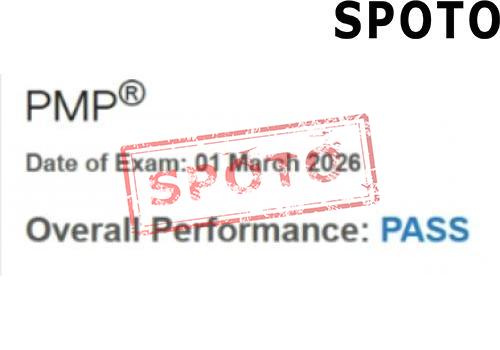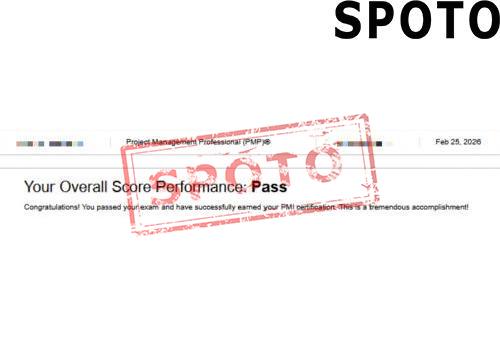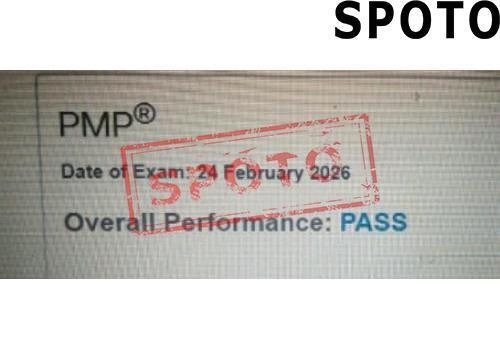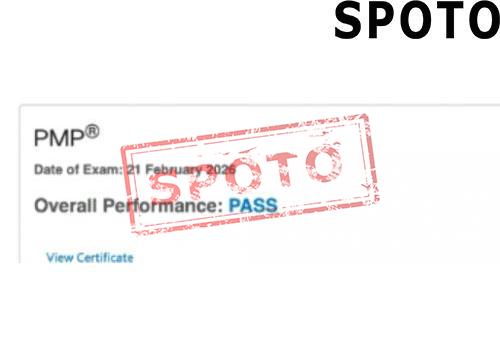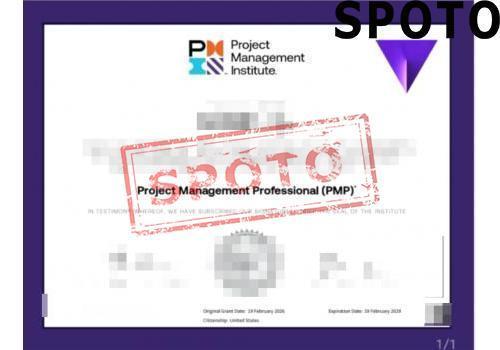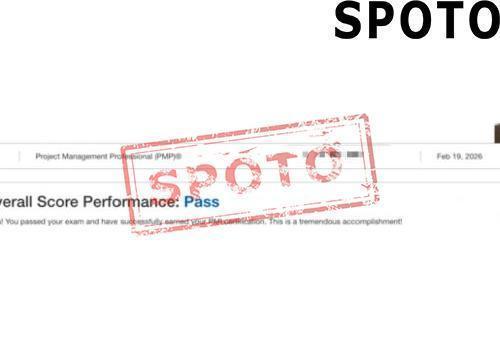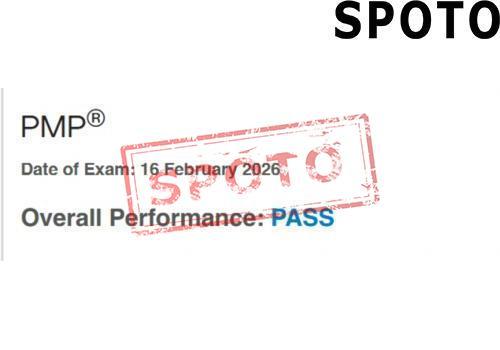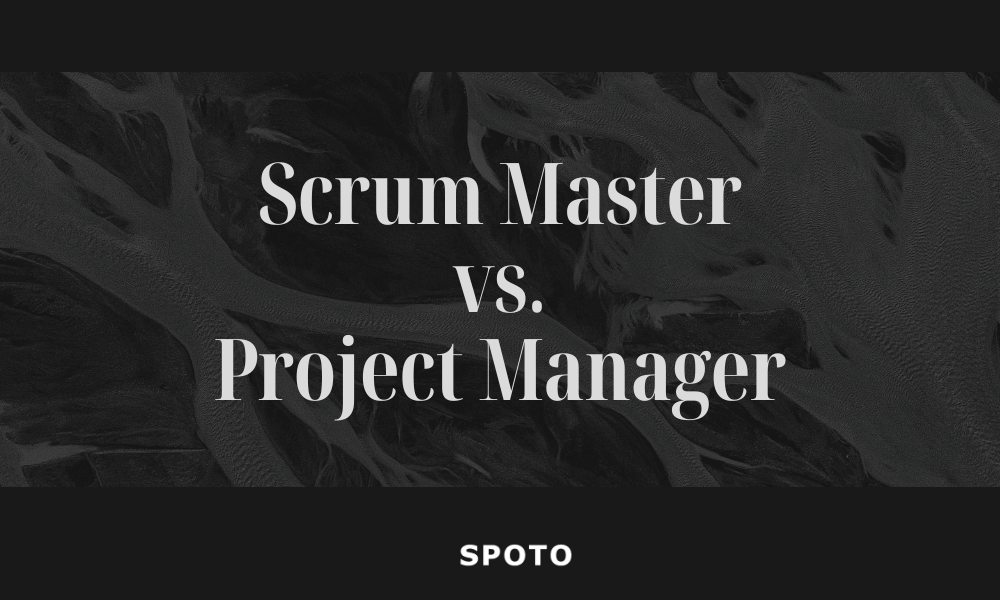
Table of Contents
- 1. Scrum vs Project Management: Methodologies Compared
- 2. Roles and Responsibilities
- 3. Leadership Approach and Decision-Making
- 4. Skills and Certifications
- 5. Communication and Reporting Styles
- 6. How Success is Measured
- 7. When to Use a Scrum Master vs a Project Manager
- 8. Scrum Master vs Project Manager: FAQs
As Agile continues to reshape how modern teams deliver value, two roles often get confused: the Scrum Master and the Project Manager. While they share some overlapping responsibilities, they operate within different frameworks, require distinct skill sets, and serve unique purposes in a project lifecycle.
In this guide, we'll explore the key differences between a Scrum Master and a Project Manager, their responsibilities, leadership styles, and when organizations need one, the other, or both.
1. Scrum vs Project Management: Methodologies Compared
Before comparing the roles, it's important to understand the frameworks in which they operate:
| Aspect | Scrum Master (Agile) | Project Manager (Traditional PM) |
|---|---|---|
| Methodology | Agile (Scrum Framework) | Predictive (Waterfall), Hybrid |
| Project Structure | Iterative Sprints, Backlog, Retrospectives | Phases: Initiation, Planning, Execution, Closing |
| Adaptability | High (Change embraced mid-project) | Low (Change discouraged once scope is locked) |
| Delivery Style | Continuous, Incremental | One-time delivery after full project completion |
Scrum Masters operate in Agile teams, where change is embraced and the focus is on fast iterations. Project Managers, on the other hand, thrive in structured environments where planning and execution follow a linear path.
2. Roles and Responsibilities
What Does a Project Manager Do?
A Project Manager (PM) is responsible for the entire project lifecycle. They define scope, allocate resources, manage risks, and report on progress to stakeholders.
Key duties:
-
Define project objectives and deliverables
-
Create project plans, budgets, and schedules
-
Monitor risks and manage issues
-
Ensure delivery within scope, time, and cost
What Does a Scrum Master Do?
A Scrum Master (SM) is a servant-leader who facilitates Agile practices. They remove impediments, coach the team in Scrum, and promote continuous improvement.
Key duties:
-
Facilitate daily stand-ups, sprint planning, and retrospectives
-
Remove blockers for the development team
-
Coach team members on Agile principles
-
Shield the team from outside interruptions
Shared vs Unique Responsibilities
| Responsibility | Scrum Master | Project Manager |
|---|---|---|
| Scheduling & Scope | ❌ (Product Owner’s role) | ✅ |
| Coaching & Facilitation | ✅ | ❌ |
| Budgeting & Resource Allocation | ❌ | ✅ |
| Stakeholder Communication | ✅ (limited) | ✅ (broad) |
| Risk and Issue Management | ✅ (team level) | ✅ (project level) |
3. Leadership Approach and Decision-Making
| Attribute | Scrum Master | Project Manager |
|---|---|---|
| Leadership Style | Servant Leadership | Directive / Authoritative |
| Authority Level | Guides team without formal authority | Full decision-making authority |
| Team Autonomy | High (self-organizing teams) | Varies (often low autonomy in traditional PM) |
| Decision-Making | Collaborative and team-driven | Top-down control |
Scrum Masters lead by influence. They don’t assign tasks or control schedules—instead, they empower teams. Project Managers typically lead through authority, especially in Waterfall projects.
4. Skills and Certifications
Core Skills
| Skill Category | Scrum Master | Project Manager |
|---|---|---|
| Agile Coaching | ✅ | ❌ |
| Conflict Resolution | ✅ | ✅ |
| Budgeting & Forecasting | ❌ | ✅ |
| Technical Understanding | ✅ (contextual) | ✅ (varies by industry) |
| Leadership | ✅ (servant style) | ✅ (directive or strategic) |
Certifications
| Certification Type | Scrum Master (SM) | Project Manager (PM) |
|---|---|---|
| Entry-Level | Certified Scrum Master (CSM) | Certified Associate in Project Management (CAPM) |
| Intermediate | Professional Scrum Master (PSM I) | PMP®, PMI-ACP |
| Advanced | Advanced CSM, SAFe Scrum Master | PgMP®, PRINCE2 |
If you're aiming for a career in Agile environments, CSM or PSM is your go-to. For broader or more traditional projects, PMP is a strong credential.
5. Communication and Reporting Styles
| Dimension | Scrum Master | Project Manager |
|---|---|---|
| Meeting Cadence | Daily Stand-ups, Sprint Reviews, Retros | Weekly Status Meetings, Phase Gate Reviews |
| Stakeholder Interaction | Indirect (Product Owner leads) | Direct and frequent |
| Documentation Focus | Light, just-in-time | Heavy, detailed |
Scrum Masters ensure team communication runs smoothly. Project Managers focus on broader stakeholder alignment and formal reporting.
6. How Success is Measured
Success metrics vary significantly:
| Metric | Scrum Master | Project Manager |
|---|---|---|
| Timeliness of delivery | ✅ (per sprint) | ✅ (overall project timeline) |
| Budget adherence | ❌ | ✅ |
| Value delivered to customer | ✅ | ❌ (not always emphasized) |
| Team happiness & engagement | ✅ | ❌ (less common KPI) |
| Scope management | ❌ (Product Owner’s role) | ✅ |
Scrum Master success is tied to team performance and continuous delivery of value. Project Managers are evaluated on traditional KPIs like scope, time, and cost.
7. When to Use a Scrum Master vs a Project Manager
| Situation | Best Role |
|---|---|
| Building a digital product with changing scope | Scrum Master |
| Executing a complex infrastructure rollout | Project Manager |
| Large enterprise projects (hybrid needs) | Both (Scrum Master + PMO oversight) |
| Regulated industries (finance, healthcare) | Project Manager |
| Agile transformation initiatives | Scrum Master |
8. Scrum Master vs Project Manager: FAQs
What is a Scrum Master vs Project Manager?
A Scrum Master facilitates Agile processes and removes blockers for the team. A Project Manager oversees all phases of a project to ensure it meets predefined goals.
Scrum Master vs PMO – What’s the difference?
PMO (Project Management Office) governs project standards, tools, and processes across an organization. Scrum Masters work at the team level, while PMOs operate strategically.
Can a Project Manager become a Scrum Master?
Yes, but it requires a mindset shift—from control and planning to coaching and facilitation. Many PMP-certified professionals transition into Scrum roles with additional Agile training.
PMP vs Scrum Master – Which certification should I choose?
Choose PMP if you're managing projects across multiple industries. Go for CSM or PSM if you're focusing on Agile teams and product development.
